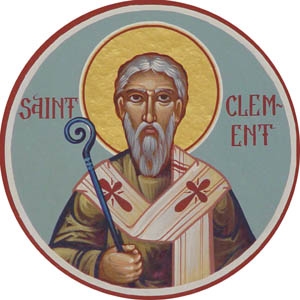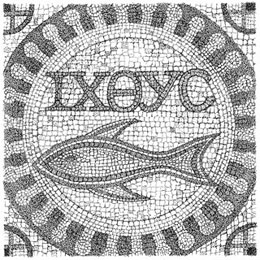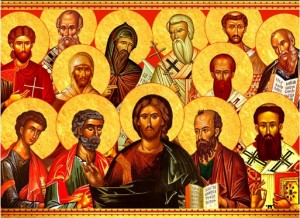 The epistle 1 Clement has several features that show up on a close reading:
The epistle 1 Clement has several features that show up on a close reading:
- Disjointed indications of date, with different parts suggesting conclusions both before and after the destruction of Jerusalem.
- Difficult and long perambulation to the letter.
- Doxologies punctuating the letter abruptly.
- Digressive material that interrupts the flow of the argument.
- Doctrinal concerns of Judaism addressed in a Jewish way.
- Defense of the resurrection from nature and the phoenix.
- Divergent aims and vocabulary at the start and finish absent in the middle.
And so to the problems that face us, I wish to throw my own hypothesis into the ring. I’ve placed my reconstruction below today, and I welcome comments. I will gather my thoughts about the various arguments surrounding the epistle in a later post on another day, hopefully informed further by any helpful comments. Continue reading »


 Well I got sour news for you, Jack.
Well I got sour news for you, Jack.